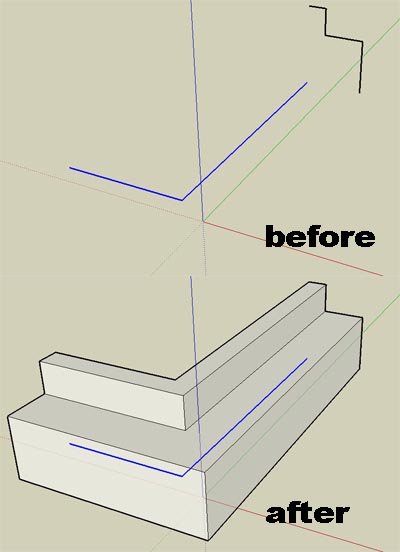Vray and MentalRay are also, under normal circumstances and use, 'biased'. But I do not expect them to result in lower quality than other more popular 'unbiased' engines.
In fact, Mray and Vray are so popular in the industry because of their amazing speed and quality... kinda why I like them and KT too. 
'Unbiased' does not mean 'better' it means 'unbiased'. In fact, Giannis (developer of Kerkythea) stated
@unknownuser said:
here's a small lesson about unbiased rendering:
-
Unbiased rendering was first introduced back in 1986. Yes!
It was not introduced by a commercial renderer. Just marketed
nicely (but this is just my opinion).
-
Writing an unbiased renderer is simpler than writing a biased
one! Yes! Developing a path tracer or even Kelemen's MLT is easier
than writing photon mapping.
-
There are many more unbiased renderers that you can think off!
Virtually all ray tracers can turn to unbiased rendering relatively
easily. Sunflow for example can operate in path tracing mode.
Overall! I see users reproducing the same information found in
commercial leaflets but never digging a bit more in theory or.. history! Wink
best regards.
The idea of a 'biased' render is that it makes some assumptions, and tries to give you what it thinks you want... it's, you know, biased... in a good way. 
The idea of an 'un-biased' render is that it calculates bounces of light until they stop boucing... so if you have bad materials, this will 'bias' an 'unbiased' render engine in a bad way... but with a 'biased' render like KT's PM+FG it will be more 'forgiving'... especially with the higher quality presets. This is because Giannis and the team have put a lot of work in getting them to give a less-render-experienced user quick and easy presets.
The presets are not, of course, meant to be a silver bullet, but they are meant for you to load and learn from. Nor are the lower or medium settings meant for client presentation (though I do it all the time because, as Dave pointed out, they don't know or probably even care about the difference because KT's PM+FG is an amazing machine).
BiPT and MLT and MLT/BiPT and PTP are meant for a scene with less direct light...
MLT cranks very well on scenes lit completely by indirect light... but of course, so does PM+FG.. and with the right tonemapping, well... it's great...(Vray and Mray, as far as I can tell, have the right tonemapping, etc. already built in and transparent... KT is working on this...)
BiPT handles caustics (like sparkles onto a wall from an adjacent water surface) well, depending on the light source, in my experience, and PTP is much faster with exteriors lit with only sun and sky... so each have their advantages.
You can't expect to learn a sophisticated program like this in a day or even a year. You can get great results in a day, and better in a year... but I still learn new things all the time.  that's part of the fun.
that's part of the fun.
May want to read more at comparison thread between many engines...








